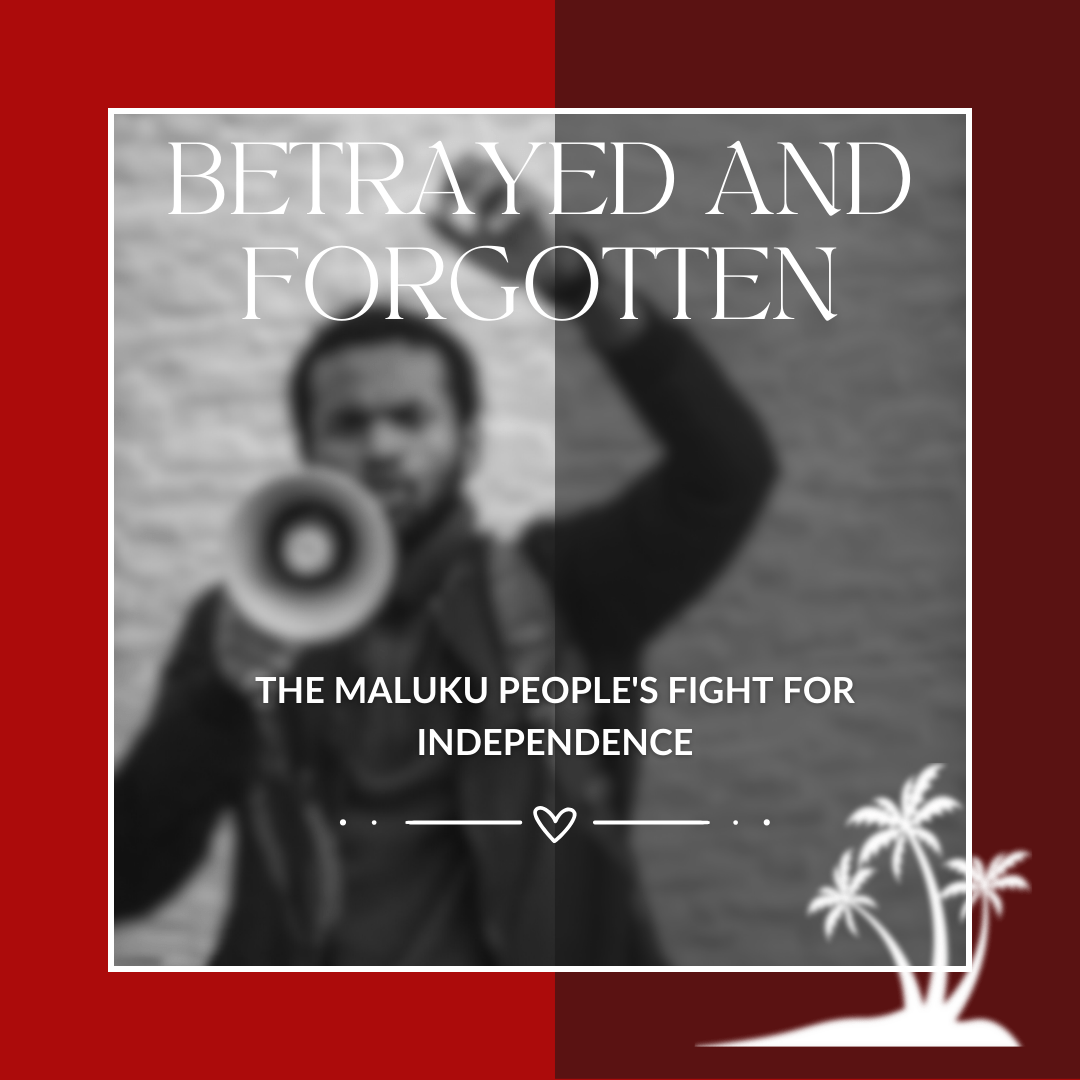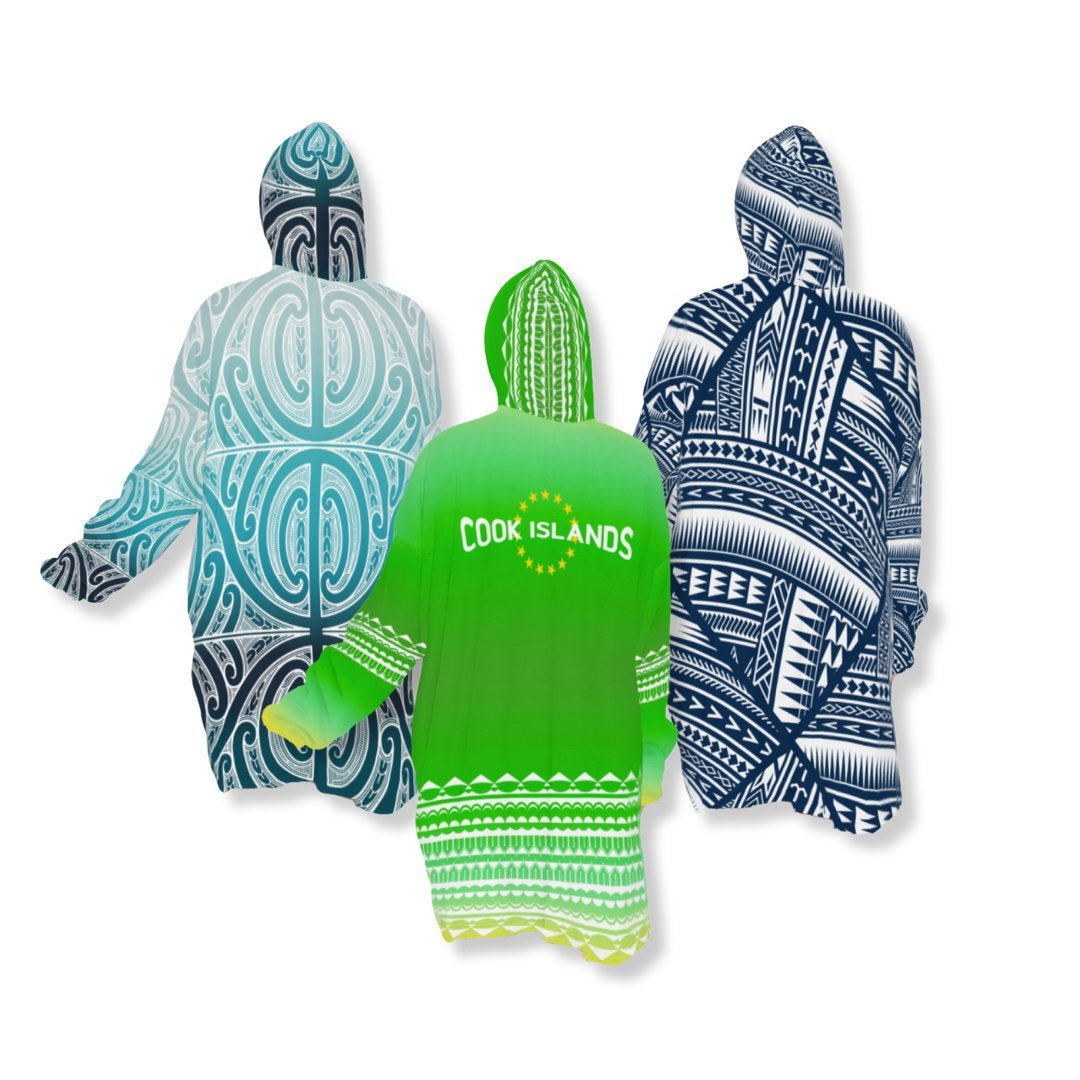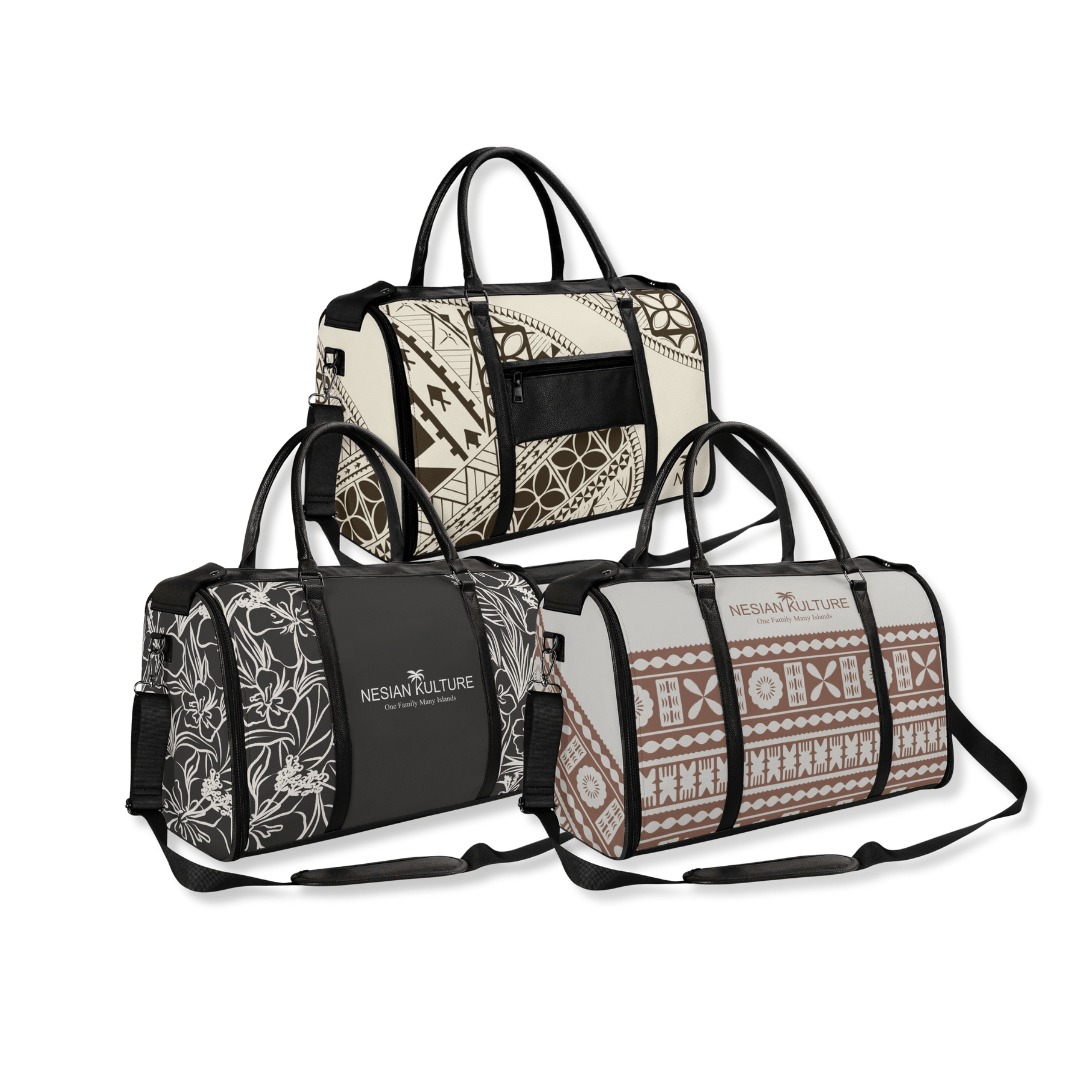
Betrayed and Forgotten: The Maluku People's Fight for Independence
The people of Maluku have been fighting for their freedom from Indonesia for many years, and their struggle is built on a long history of pain, pride, and hope. To understand why, we need to look back at their past, how they were treated, and how they see their future.
A History of Loyalty and Betrayal
The Maluku Islands, known for their spices like cloves and nutmeg, are part of the Pacific Islands and belong to the Melanesian group of peoples. For hundreds of years, the Dutch colonized these islands, using the people for their own gain. Many Moluccan people, especially Christians, formed close ties with the Dutch and even fought in the Dutch army. Over time, they developed a strong sense of loyalty to the Dutch, which shaped their identity.
When Indonesia gained independence from the Netherlands in 1949, the Moluccan people felt betrayed. They believed they were promised a chance to govern themselves or even become an independent nation. But instead, they were forced to become part of the new Indonesian state. In 1950, some Moluccans declared their own country, the Republic of South Maluku (RMS), but the Indonesian government quickly crushed the movement, leading to years of conflict and hardship. Many Moluccans fled to the Netherlands, where they continued to fight for their independence from afar.
A Unique Identity Worth Protecting
One of the main reasons the Moluccan people want their freedom is because they see themselves as different from the rest of Indonesia. The Maluku Islands have a large Christian population, while Indonesia is mostly Muslim. Their customs, language, and religion set them apart, and many feel that the Indonesian government does not respect or protect their way of life.
This feeling was made worse during the religious conflicts that erupted in the late 1990s and early 2000s, when violence between Christians and Muslims in Maluku led to loss and trauma for many families. For Moluccans, these experiences have deepened their desire for a government that truly understands and cares for their people.
Feeling Left Behind
Another reason for the push for independence is that many Moluccans feel ignored by the Indonesian government. Despite the Maluku Islands being rich in resources, the region remains underdeveloped compared to other parts of the country. Jobs are harder to find, infrastructure is weaker, and the people often feel that their voices are not heard in the political system. This sense of neglect makes many believe that Maluku would be better off as its own country, where they can make decisions that truly benefit their people.
The Dream Lives On
Even though the RMS movement was stopped years ago, the dream of an independent Maluku is still alive, especially among the Moluccan diaspora in the Netherlands. These communities continue to speak up for their people, demanding international attention and the right to govern themselves. However, the Indonesian government sees any talk of Maluku independence as a threat and has cracked down on activists. People can even be arrested for raising the RMS flag or speaking out about freedom.
But despite the risks, the spirit of resistance remains strong. For Moluccans, this fight is not just about land or politics; it’s about protecting their identity, their culture, and their future.
Conclusion
The people of Maluku have a deep and heartfelt desire for freedom. They belong to the Pacific Islands and the Melanesian group, with a unique heritage that enriches the diversity of the region. They have endured betrayal, violence, and neglect, but their pride in who they are has never wavered. The fight for independence is about more than just breaking away from Indonesia—it’s about standing up for their right to be seen, heard, and respected as a unique people with a rich history and culture. Though the road ahead is long, the Maluku people’s courage and determination will keep their dream of freedom alive.
Check out the video by History Hustle
Related Posts

Bougainville Belongs Here
At Nesian Kulture, we include the Bougainville flag because we honour identity beyond politics. Bougainville may not be an independent...
En savoir plus
ONE FAMILY. MANY ISLANDS — THE STORY BEHIND THE WORDS
Discover the true story behind Nesian Kulture’s tagline “One Family. Many Islands.” — a movement born from Susan’s childhood as...
En savoir plus










